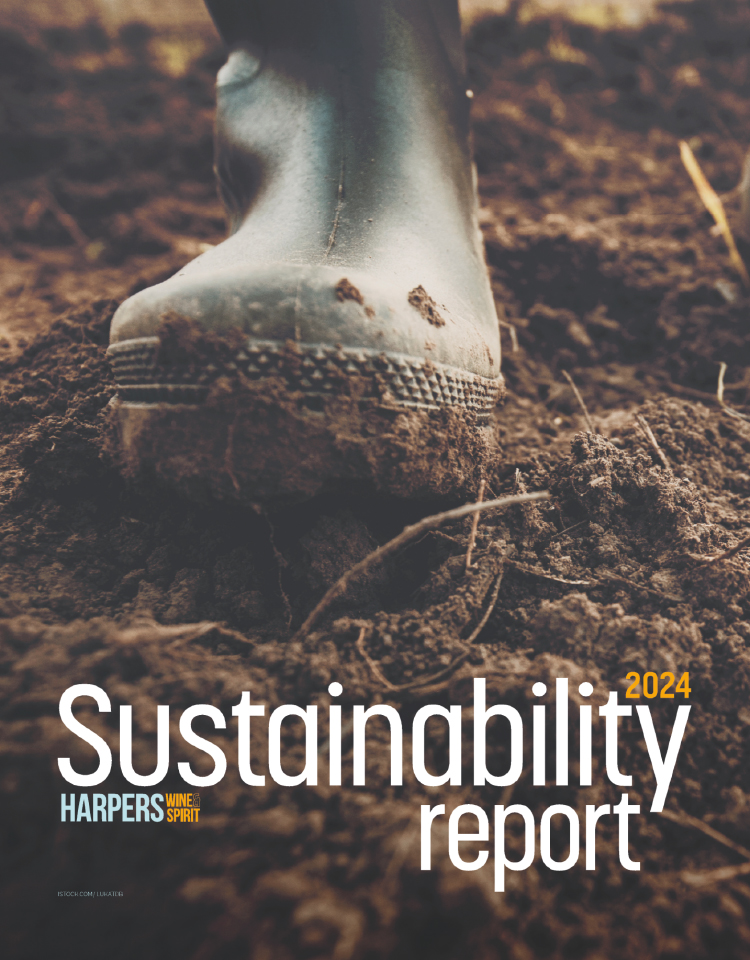
UK inflation decline prompts interest rate uncertainty
UK inflation slowed less than expected last month, despite the rate of price increases falling below that of the US for the first time in two years.
According to the Office for National Statistics, consumer prices rose at an annual rate of 3.2% in March, down from 3.4% in February. This figure slightly exceeded the forecast of 3.1% by economists polled by Reuters and the Bank of England, and it remained above the BoE’s 2% target. The measure peaked at 11.1% in October 2022 following the full-scale Russian invasion of Ukraine, which triggered a sudden spike in energy prices worldwide, severely impacting global economic growth.
Grant Fitzner, ONS chief economist, said: “Inflation eased slightly in March to its lowest annual rate for two and a half years. Once again, food prices were the main reason for the fall, with prices rising by less than we saw a year ago. Similarly to last month, we saw a partial offset from rising fuel prices.”
Food inflation dropped from 5% to 4%, marking the lowest rate since November 2021. The rate has eased for the 12th consecutive month from a peak of 19.2% in March 2023, the highest annual rate seen in nearly half a century.
Kate Nicholls, chief executive of UKHospitality, welcomed the declining inflation but emphasised the need for an easing of interest rates.
“Inflation continuing to fall is very positive for the economy. We now need to see this reflected in an easing of interest rates, which will reduce costs for businesses and incentivise investment in growth. This is particularly important for parts of the economy where prices are more stubborn, like hospitality,” Nicholls said.
“Inflation in our sector is more than 50% higher than the national figure and this is before we see the effect of the £3.4bn increase in rates and wages which hit the sector this month. With a clear trend of inflation easing across the economy, it’s time for central banks to support businesses and drive investment,” she added.
Meanwhile, Atradius, a leading insurer for trade credit in the drinks industry, cautioned against expectations of interest rate cuts in the near term. Despite claims to the contrary across many UK industries, Atradius warned that businesses should brace themselves for the ongoing impact of high-interest rates, as payment default claims continue to rise by 67% year-on-year.
James Burgess, head of commercial at Atradius, said: “Falling inflation rates will be welcome news to drinks business leaders and consumers alike, with rates now hitting their lowest point since September 2021. Businesses are already benefiting from falling inflation rates, with payment default claims falling in the first quarter by a third (33%) for hospitality firms, following a downward trend in line with the inflation rate. Greater stability will be reassuring for drinks firms.”
Burgess continued: “Despite this, I would be cautious to get excited about the interest rate also falling any time soon. With payment defaults up 33% for the wider hospitality sector, wages increasing by nearly 6% and GDP teetering on the edge of recession, it’s likely that the Bank of England will delay interest rate cuts until the economy is more stable. International markets are also following this trend, with imminent rate cuts in the US and the eurozone unlikely – with the European Central Bank suggesting that there may not be a cut to rates till as late as June.”









